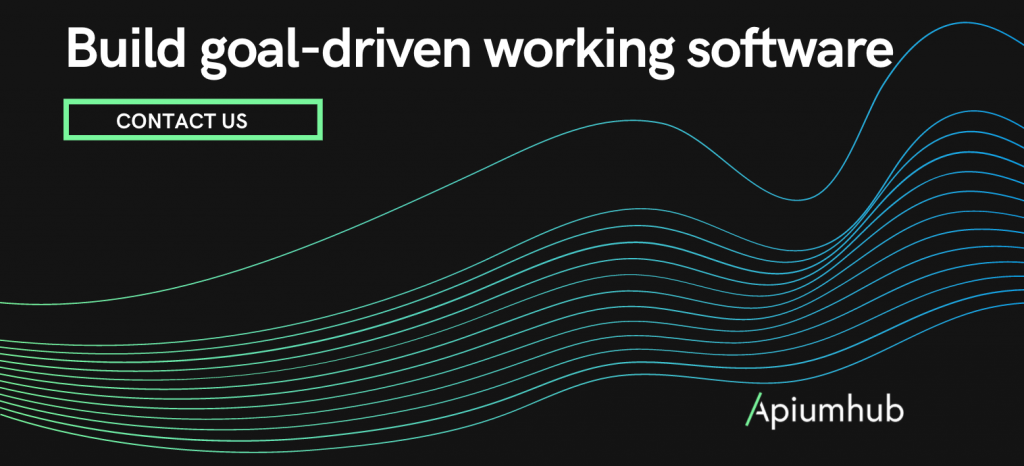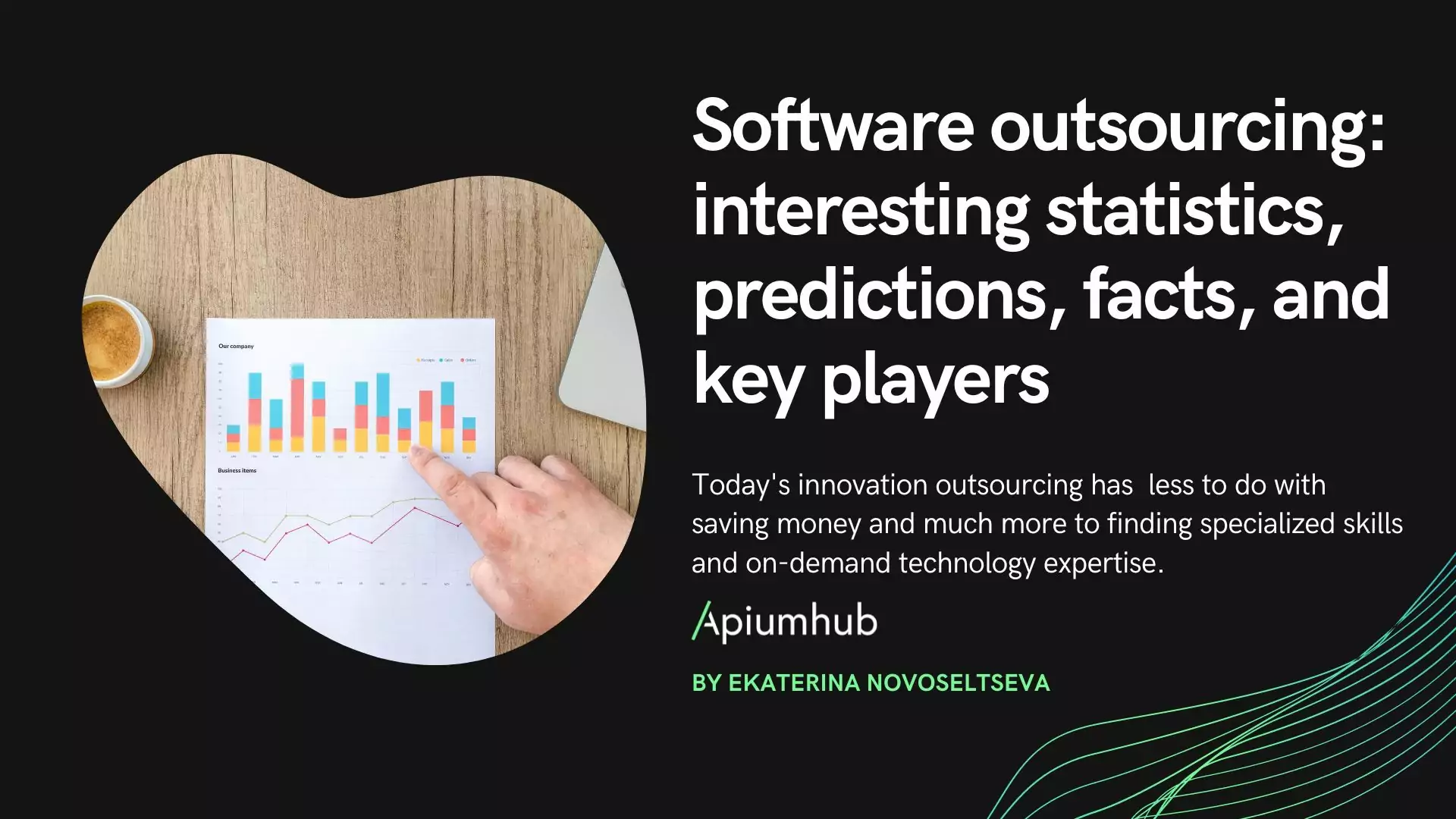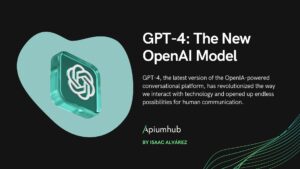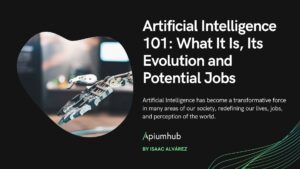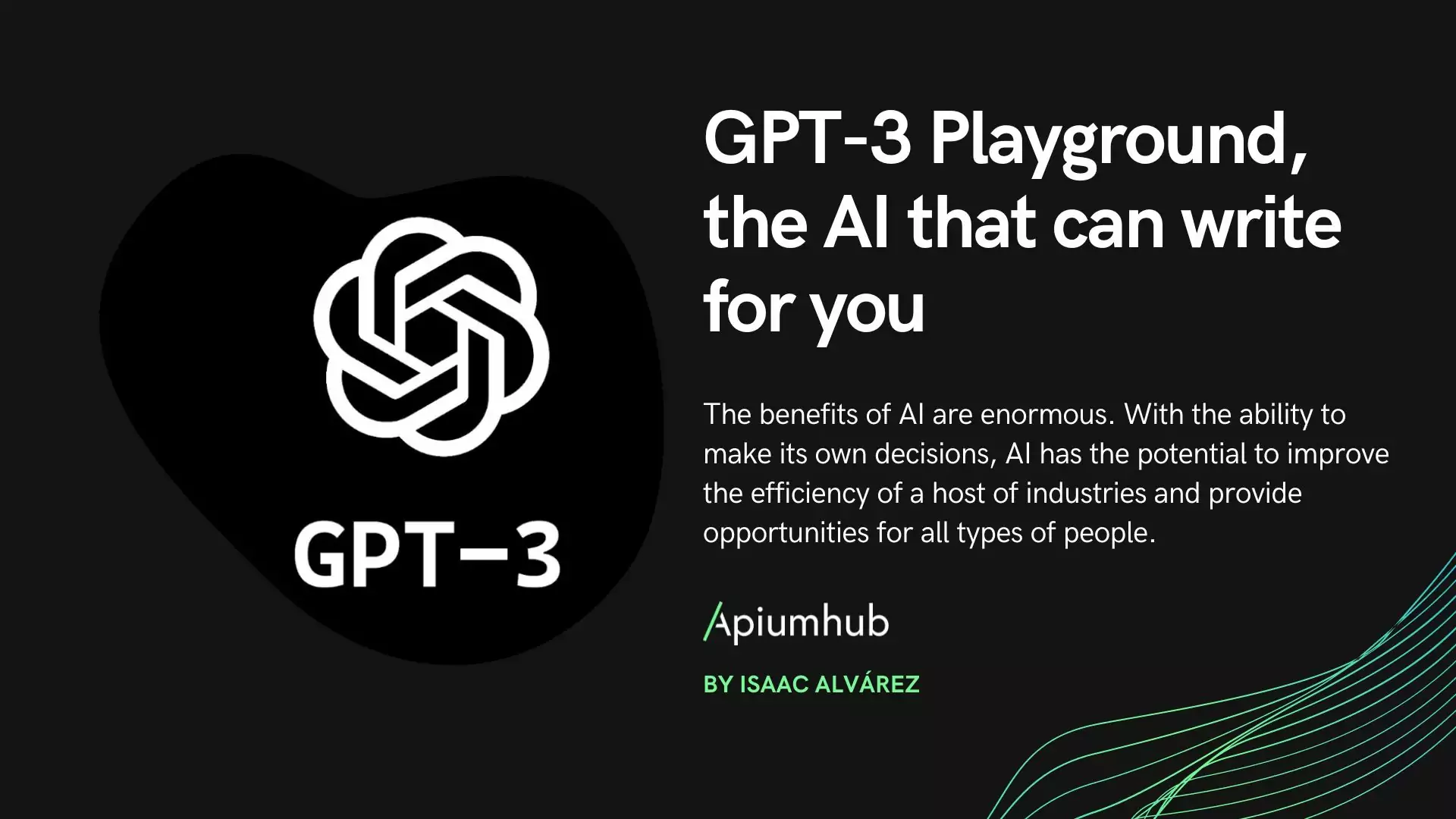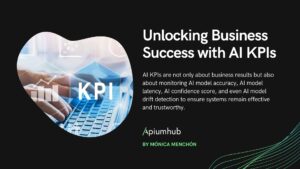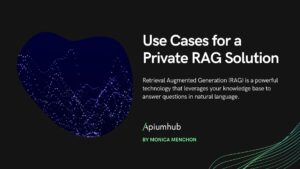Table of Contents
Businesses across the globe highlight DaaS not only as a unique revenue channel but also a path to reshape the business world through competitive intelligence. Increasing importance of data and analytics is driving the importance of data as a service. External DaaS services enable companies to easily access external data. Internal DaaS services make it easier for companies to democratize analytics and empower their business users. So, in this article we will discuss Daas benefits and latest trends.
What is DaaS?
Data-as-a-service (DaaS) is a data management strategy and deployment model that focuses on the cloud to deliver a variety of data-related services such as storage, processing, and analytics. DaaS leverages the popular software-as-a-service (SaaS) paradigm, through which customers are able to use cloud-based software applications delivered over the network rather than deploying dedicated hardware servers for a specific set of tasks on a specific set of data.
DaaS is an architectural construct rather than a single vendor technology. Therefore it offers a variety of ways to deliver, collect and process data from various sources in different formats. Technologies included in the DaaS category are:
- Information lifecycle management solutions
- Data modeling/quality/replication/transformation
- Content management
The DaaS business is typically subscription-based, where the customer pays for a range of services or selective services. There are hundreds of DaaS vendors, and the pricing models by which they charge their customers fall mainly into quantity-based pricing is when a vendor charges its customers based on the amount of data they want to use and pay-per-call services, where vendors charge for each call from the customer to the API.
What Are the DaaS Benefits ?
There are many DaaS benefits for organizations that choose it as their primary delivery mechanism for data-related operations. By having data in a centralized infrastructure with DaaS, organizations gain economies of scale on infrastructure investment. It also helps promote the standardization of skill sets to make administration more efficient. In addition, it provides more opportunities for sharing data across the organization, leading to more collaboration and knowledge sharing.
Let’s look at them more in details:
- Data quality
Users access data via the data service. Since data service is the single update point, tracking changes to data is easier which can lead to data quality improvements. - Agility
DaaS increases the speed to access the necessary data by exposing the data in a flexible but simple way. Users can quickly take action without the need for a comprehensive understanding of where the data is stored or how it is indexed. Agility is the most important benefit of DaaS and it helps decrease time-to-market for DaaS users. - Financial flexibility
DaaS allows companies to trade-off between investment and operating expenses. Companies can use DaaS to launch services without investing in the systems and personnel to manage their data. Also, DaaS reduces the capacity on source systems, cutting costs for licensing, MIPS, and hardware. DaaS also helps organizations save maintenance costs. - Augment a workflow
Data-as-a-service models typically do not disrupt a core process, but instead augment a workflow. Customer experience journeys and deep understanding of industry needs help to immediately provide value to the business. Few customers ask for an additional dashboard, so data services companies often follow a default design strategy to integrate into the day of the end-user, and a well-defined customer problem.
Trends in DaaS
1.Self-Service Insights
Many new firms are moving upstream to specialize in data visualization, data-driven insights and decision tools, providing directly to business analysts and decision makers. Companies are also designing end customer facing data-driven insights with the advent of sensors in everything: golf clubs that inform you how to improve your game.
2.Automated Insights
As insights move upstream, the connection of everything to everybody means that previously invisible processes can now be tracked and optimized. Everything that can be automated will be automated, replacing analog and human processes. Everything that can be digitized will be digitized, and every aspect of a company’s business model will be transformed by the adoption of data-driven organization design.
3.Benchmarking
Data as a service is a useful tool when you want to compare your organization’s performance against peers. With DaaS, organizations can access global data and create benchmarking reports that may include financial performance, turnover, leadership effectiveness with percentile breakdowns.
4.Business intelligence
Companies can offer their data as a service to internal users facilitating business intelligence. DaaS streamlines data standardization, unifying different sources of data, data virtualization and automation of analytics. Data scientists can access data in real-time so that they can perform any necessary transformations and integrations of data dynamically and interpret data for decision making.
Technologies enabling data-as-a-service can be segmented into these categories
- Data integration
Data integration tools are able to select, prepare, extract, and transform data and transfer data from different sources to one centralized one.- Talend Data Integration Software: An enterprise data integration software to connect, access, and transform any data across the cloud or on-premises
- Informatica Powercenter: Informatica Powercenter is a data integration tool that offers the capability to access & obtain data from different sources and processing of data.
- Data Virtuality: Data Virtuality is a data integration and management platform for instant data access, easy data centralization and data governance.
- Microsoft SQL Server: A relational database management software to store and retrieve data used by other applications.
- IBM Db2: AI-powered hybrid database management software to manage structured or unstructured data either on-premise or in the cloud. Db2 is built on an intelligent common SQL engine designed for scalability and flexibility.
- Self-service data preparation
Self-service data preparation tools help organizations to democratize data. It empowers analytics capabilities to explore complex data at scale and have greater control over the end analytic output.- Pentaho 7.0: Pentaho provides open-source BI and data integration products that cross the divide between big data and data preparation.
If you have a DaaS project and you need help, you can always count on us, we are experts in data-driven software solutions.
Author
-
Ekaterina Novoseltseva is an experienced CMO and Board Director. Professor in prestigious Business Schools in Barcelona. Teaching about digital business design. Right now Ekaterina is a CMO at Apiumhub - software development hub based in Barcelona and organiser of Global Software Architecture Summit. Ekaterina is proud of having done software projects for companies like Tous, Inditex, Mango, Etnia, Adidas and many others. Ekaterina was taking active part in the Apiumhub office opening in Paseo de Gracia and in helping companies like Bitpanda open their tech hubs in Barcelona.
View all posts
